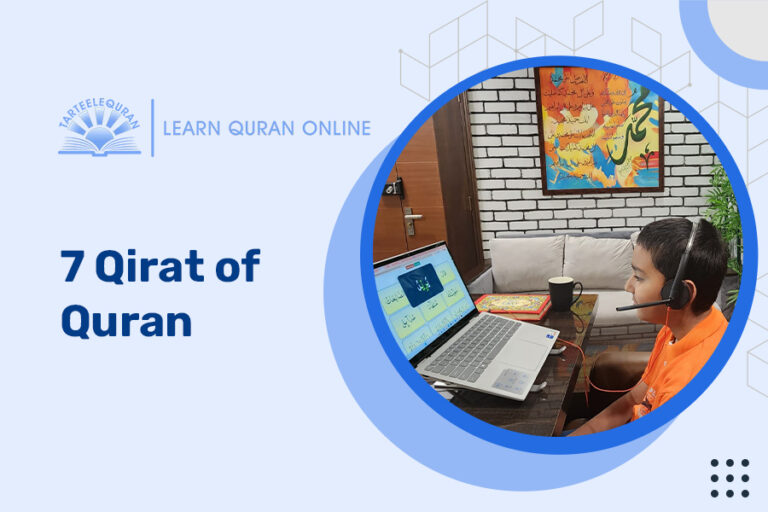The Growing Appeal of Online Platforms for Learning the Holy Quran
People are increasingly turning to online platforms to learn the Holy Quran for a multitude of compelling reasons:
Accessibility and Convenience:
- Geographical Barriers Eliminated: Online platforms break down geographical limitations, allowing individuals anywhere in the world to access qualified teachers and structured learning programs, regardless of their location.
- Flexible Scheduling: Online classes often offer greater flexibility in terms of timing, allowing learners to fit their Quranic studies around their existing commitments (work, school, family). This is particularly beneficial for busy individuals.
- Comfort of Home: Learning from the comfort and privacy of one’s own home can be more conducive to concentration and reduce travel time and costs.
Quality of Instruction and Resources:
- Access to Specialized Teachers: Online platforms can connect students with highly qualified and experienced Quran teachers who may not be available locally. Many platforms vet their instructors rigorously.
- Diverse Teaching Methodologies: Online learning environments often utilize various interactive tools and multimedia resources (audio, video, screen sharing, interactive whiteboards) to enhance the learning experience and cater to different learning styles.
- Structured Curriculum and Progress Tracking: Many online platforms offer well-structured curricula with clear learning objectives, progress tracking mechanisms, and assessments, providing a systematic approach to learning.
- Availability of Different Learning Levels: Whether a beginner learning the Arabic alphabet or an advanced student aiming for Tajweed mastery and Ijazah, online platforms typically offer courses tailored to various skill levels.
Affordability and Cost-Effectiveness:
- Potentially Lower Costs: Online Quran learning can sometimes be more affordable than traditional in-person classes due to lower overhead costs for the providers.
- Reduced Travel Expenses: Learners save on transportation costs associated with attending physical classes.
Technological Advantages:
- Interactive Learning Tools: Features like screen sharing, audio/video communication, and interactive exercises can create a more engaging and effective learning environment.
- Recording and Review: Some online sessions can be recorded, allowing students to revisit lessons and reinforce their understanding.
- Mobile Accessibility: Many platforms offer mobile apps, enabling learning on the go.
Personal and Social Factors:
- Increased Comfort and Reduced Shyness: Some individuals may feel more comfortable asking questions and participating in discussions in a virtual environment compared to a traditional classroom setting.
- Sense of Community: Many online platforms foster a sense of community through group classes, forums, and online support networks, connecting learners with fellow students from diverse backgrounds.
- Focus and Reduced Distractions (potentially): For some learners, the controlled environment of online learning can minimize distractions compared to a busy physical classroom.
Conclusion
The increasing popularity of online platforms for learning the Holy Quran stems from their ability to provide accessible, convenient, high-quality, and often more affordable educational opportunities, leveraging technological advancements to enhance the learning experience and cater to the diverse needs of individuals worldwide.




